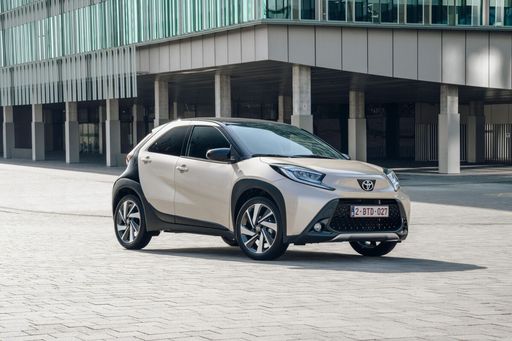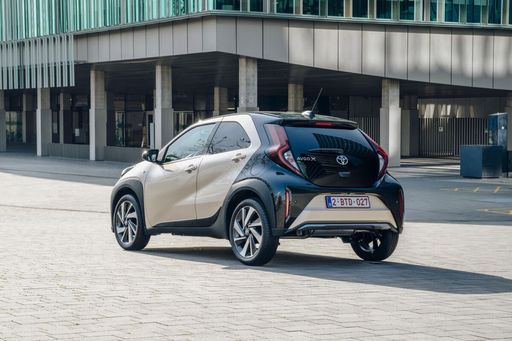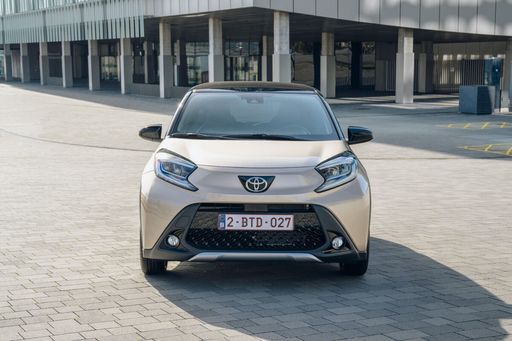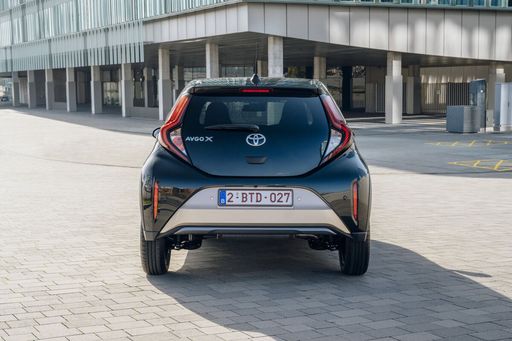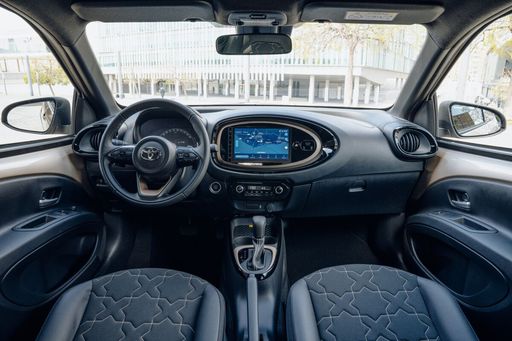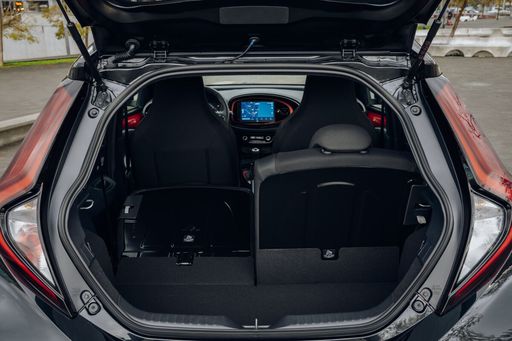Battle of the Hatchbacks: Hyundai i20 vs Toyota Aygo
When considering compact cars that promise affordability and efficiency, the Hyundai i20 and Toyota Aygo are two standout contenders. These vehicles contrast each other with their distinct takes on the hatchback design, boasting numerous features tailored for urban adventures. In this comparison, we will examine their technical specifications and innovative features to determine which model reigns supreme in the compact car segment.

